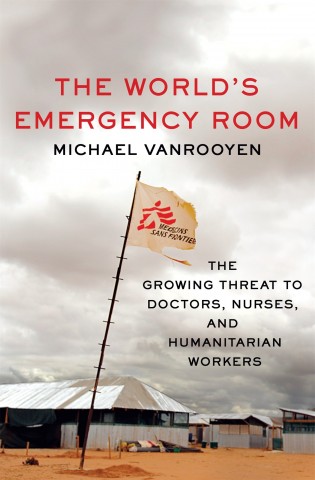Some of the strengths of feminist scholarship and feminist critique have become more widely utilized and adopted, often without recognition of their origins. Intersectionality and positionality are two examples of approaches of this sort. In many ways, Kamala Visweswaran's book "Fictions of Feminist Ethnography" (1994) is a reflection of the time period of its authoring – feminist critique and scholarship had been developing in the decade leading up to its publication. This series of essays engages with those works and with the author's own experiences in grappling with how these ideas might intersect with ethnographic research and ethnographic writing. The book is rich in references for anyone seeking a work that explores these questions within the broader literature (literally, as the title suggests, including works not normally included, from fiction to dairy).
Some notes:
- "If we have learned anything about anthropology's encounter with colonialism, the question is not really whether anthropologists can represent people better, but whether we can be accountable to people's own struggles fir self-representation and self-determination." (p. 32)
- "a feminist ethnography can consider how identities are multiple, contradictory, partial, and strategic. The underlying assumption is, of course, that the subject herself represents a constellation of conflicting social, linguistic, and political forces. Individual narratives can be seen as both expressive and ideological in nature. However, the category "experience" is utilized not to pin down the truth of any individual subject, but as a means of reading ideological contradictions. It could gauge the processes of subject constitution in the articulation of individual with master narratives." (p. 50)
- "those of us engaged in identifying ethnography may be moved by different sets of questions concerning power, domination, and representation; how we may ourselves be positioned (and not always by choice) in opposition to dominant discourses and structures of power. The oppositional sense of such ethnography shows that these questions are not only important, but indeed vital for reshaping the practice of anthropology, and point again to the double sense of "identifying ethnography." (p. 140)"



